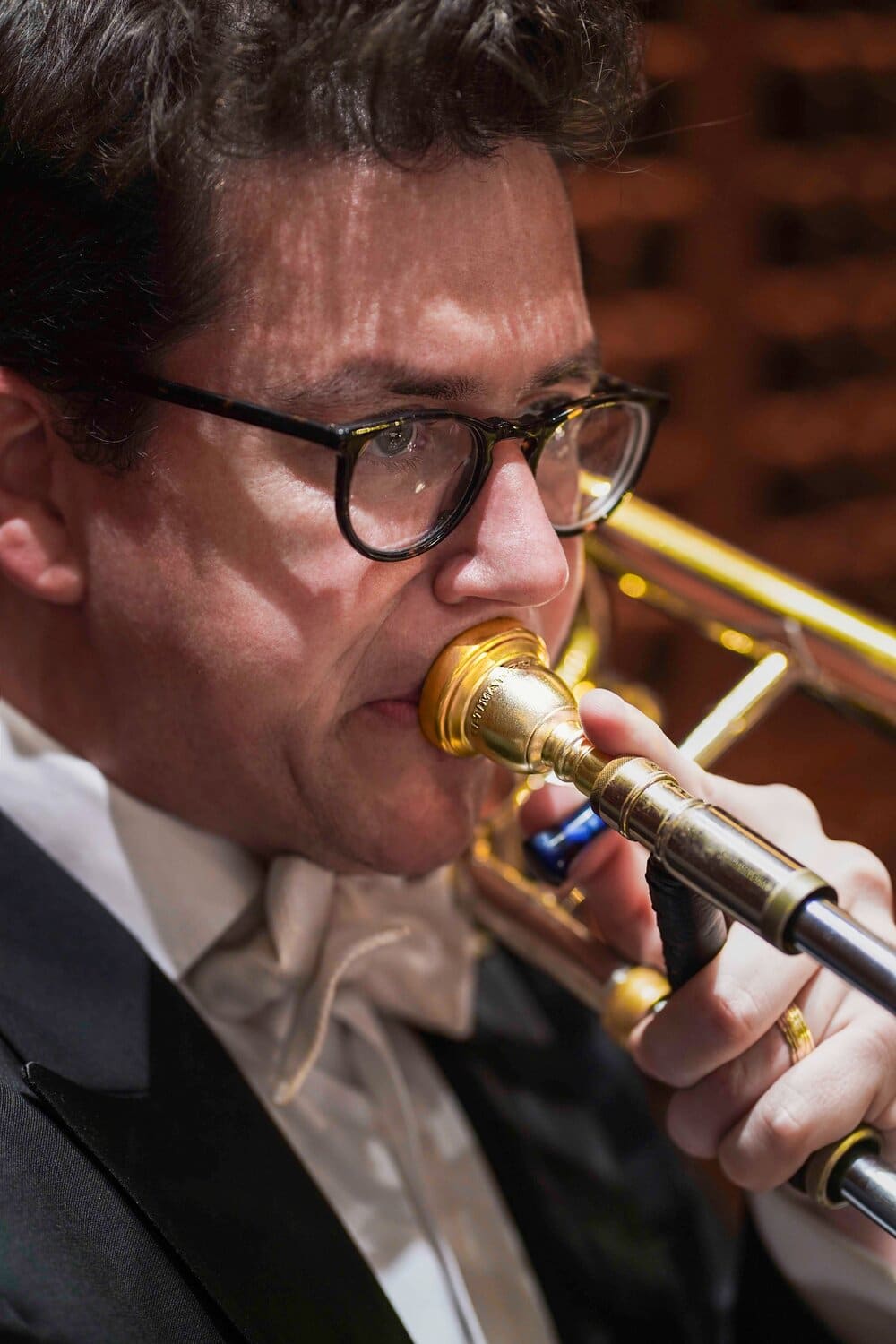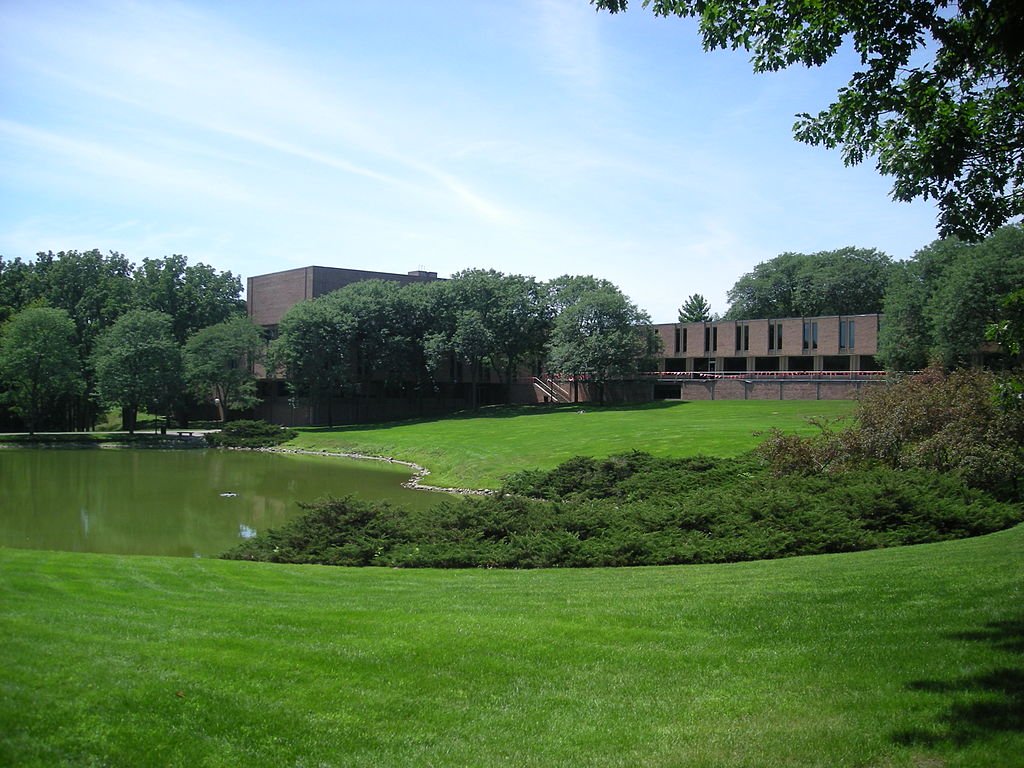Finally, a credible list of the best US music colleges
mainThere have been plenty of phony lists in magazines aimed at anxious parents of musical teenagers. This one, however, gets it pretty much right.
The top three choices are impeccable. Lower down, you might wonder whether the bottom three are worthy of inclusion, given their recent decline. Peabody is a glaring omission and Cleveland won’t be pleased.
Juilliard will have sleepless nights at being placed third.
But on the whole, this list is pretty good and Bill Zukerman’s descriptions are credible.
Click here for full list. The #1 school is pictured below.

UPDATE: But see dissenting views here.





Comments